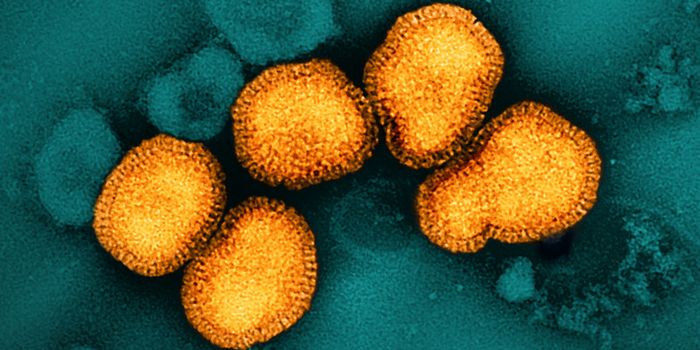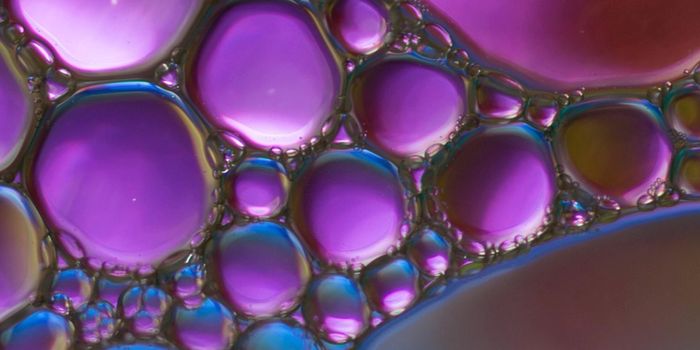Bacteria are socialists. That’s according to University of Vermont researchers who identified a new strategy that bacteria use to resist antibiotics. It’s called “stochastic transient resistance”.
E. coli cells produce a protein called
MarA - named for “multiple antibiotic resistance activator”. This activator controls the expression of nearly 40 genes that contribute to antibiotic resistance. When certain antibiotics are present, MarA is expressed, producing resistant cells.
Since bacteria don’t know when and where they’ll encounter an antibiotic, the group reasoned that some cells might randomly - stochastically - express MarA even when no antibiotic is present. Since an entire population of bacteria can regrow from a single cell, you only need a few cells in the population to be resistant at any one time (that’s evidently the socialism part). According to study author Mary Dunlop, “it's costly from a metabolic standpoint for a cell to express the proteins that enable it to be resistant … this strategy allows a colony to hedge its bets by enabling individual cells within a population to assume high levels of resistance while others avoid this extra work”.
Dunlop and colleagues tested their predictions with a fluorescent MarA reporter. They exposed cells to
carbenicillin and measured MarA levels. Cells with high levels of MarA at the time they were exposed to carbenicillin survived the treatment. Likewise, when they overexpressed MarA, the cells survived. They died, however, if the MarA system was disabled in the presence of carbenicillin.
The study also suggests that this resistance mechanism may contribute to persistent infections, especially in patients with chronic conditions like
cystic fibrosis. They suggest that altering the frequency and duration of antibiotic treatments could help clinicians fight such infections.
Sources:
Science Daily,
Nature Scientific Reports,
UniProt, Wikipedia









